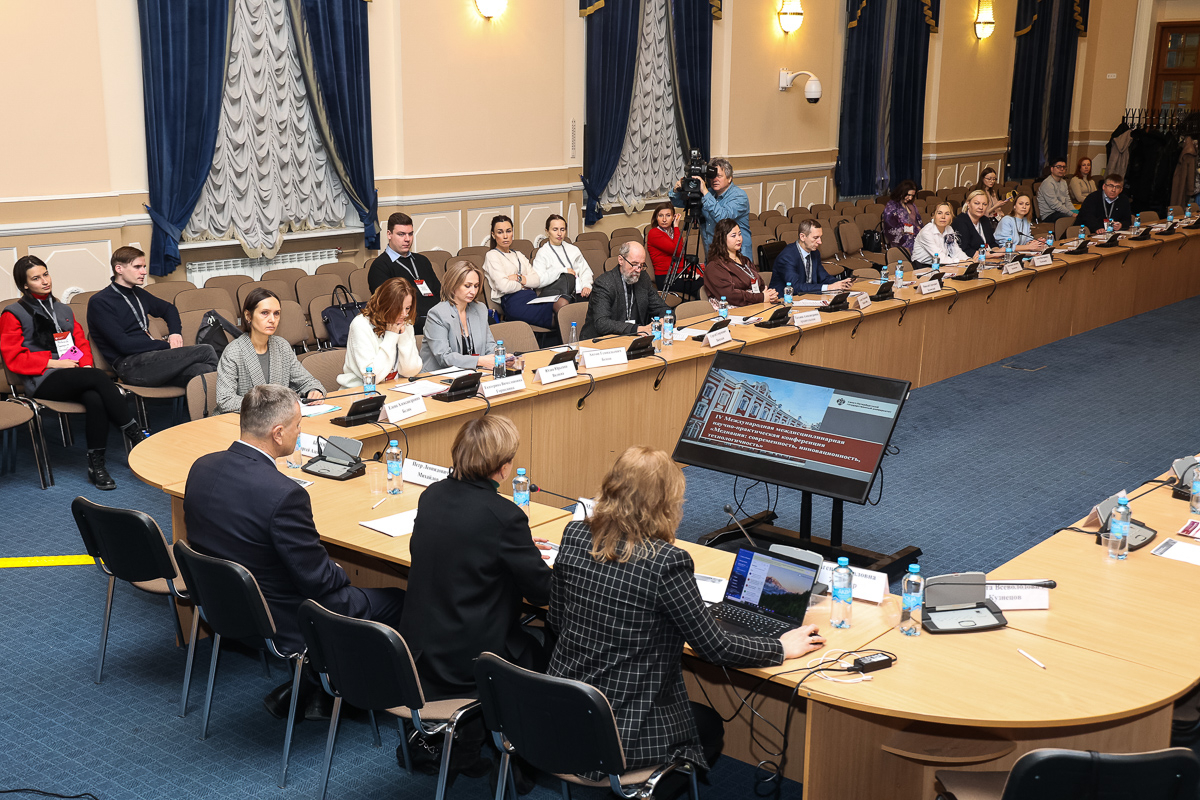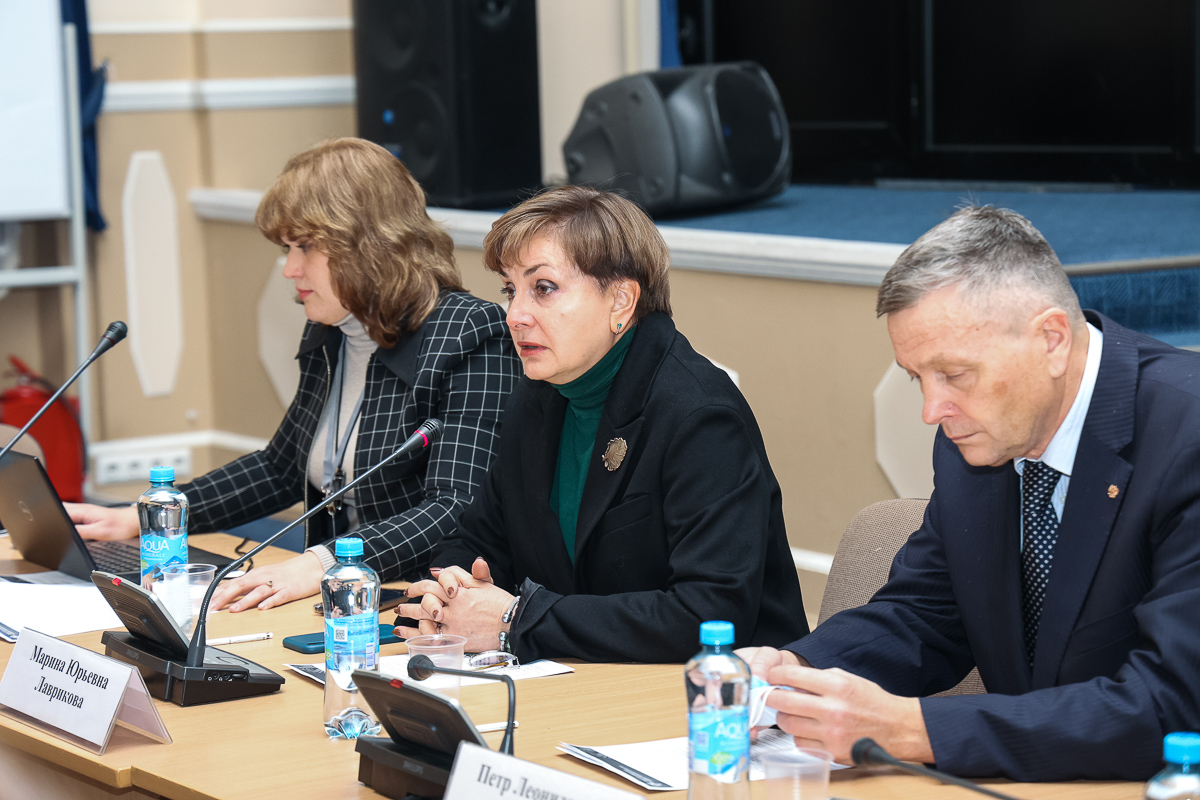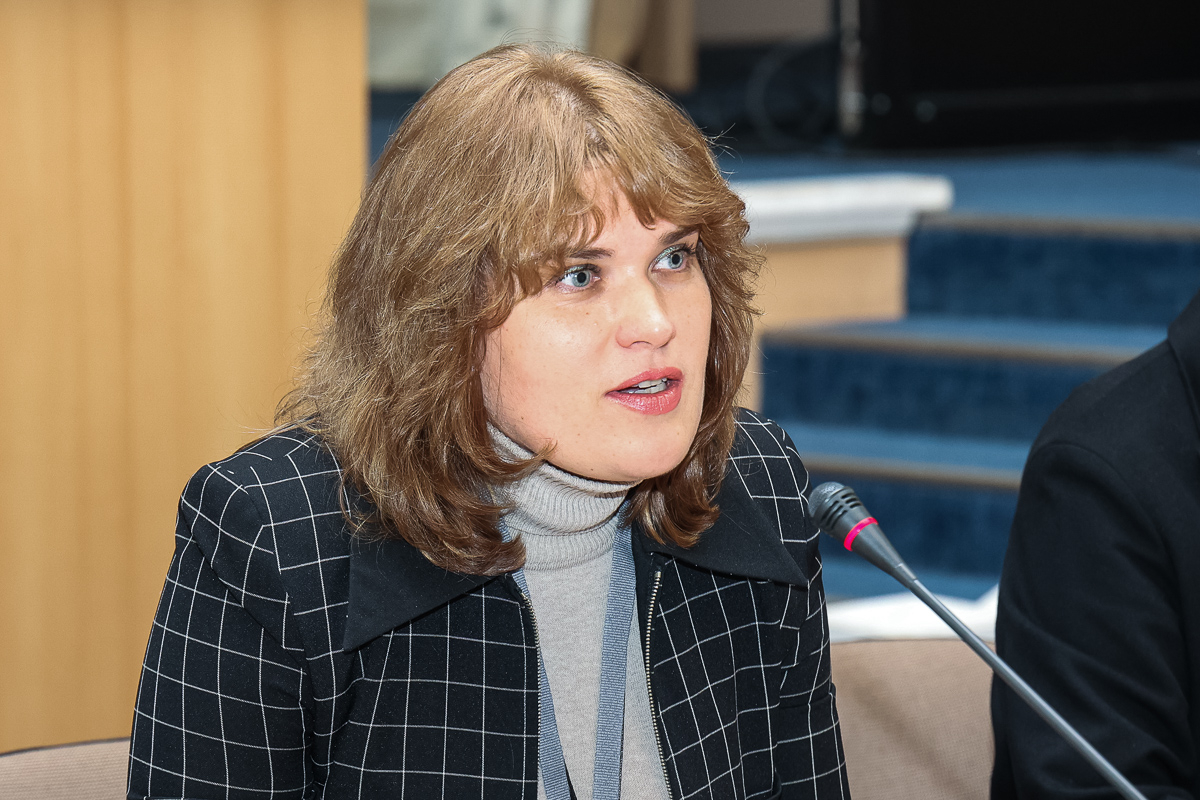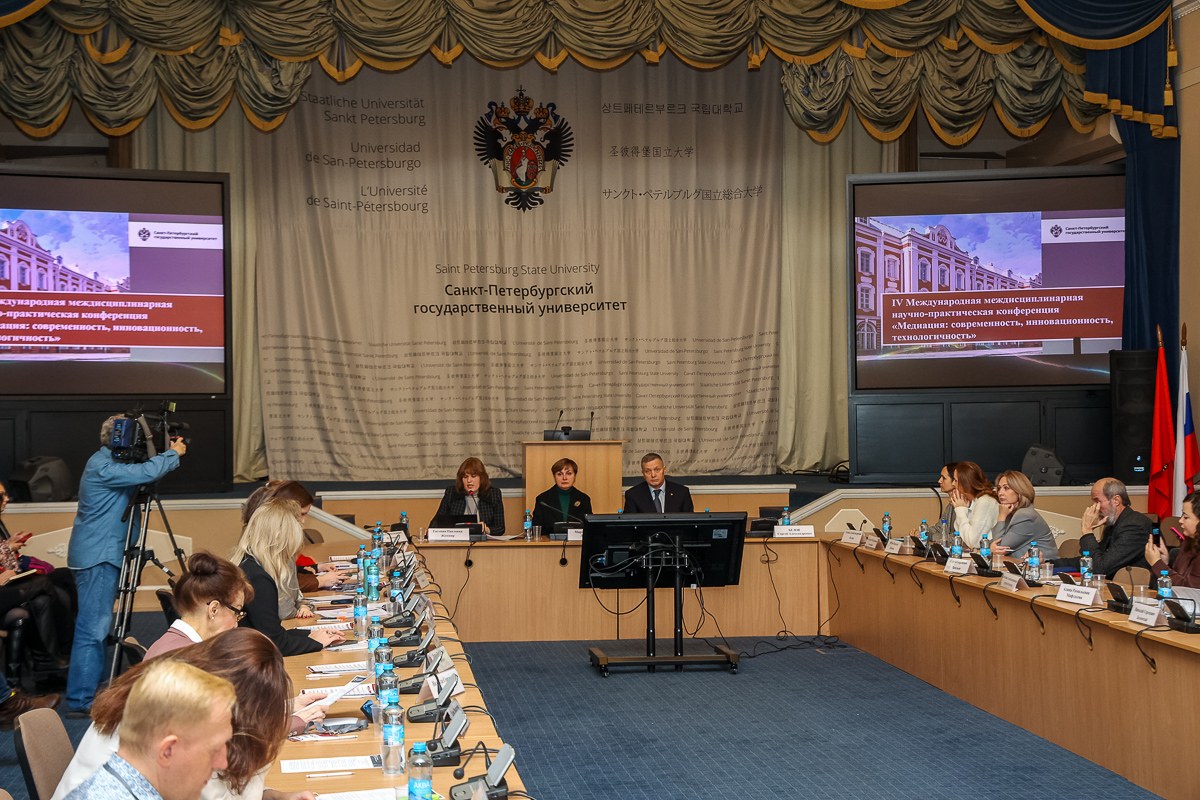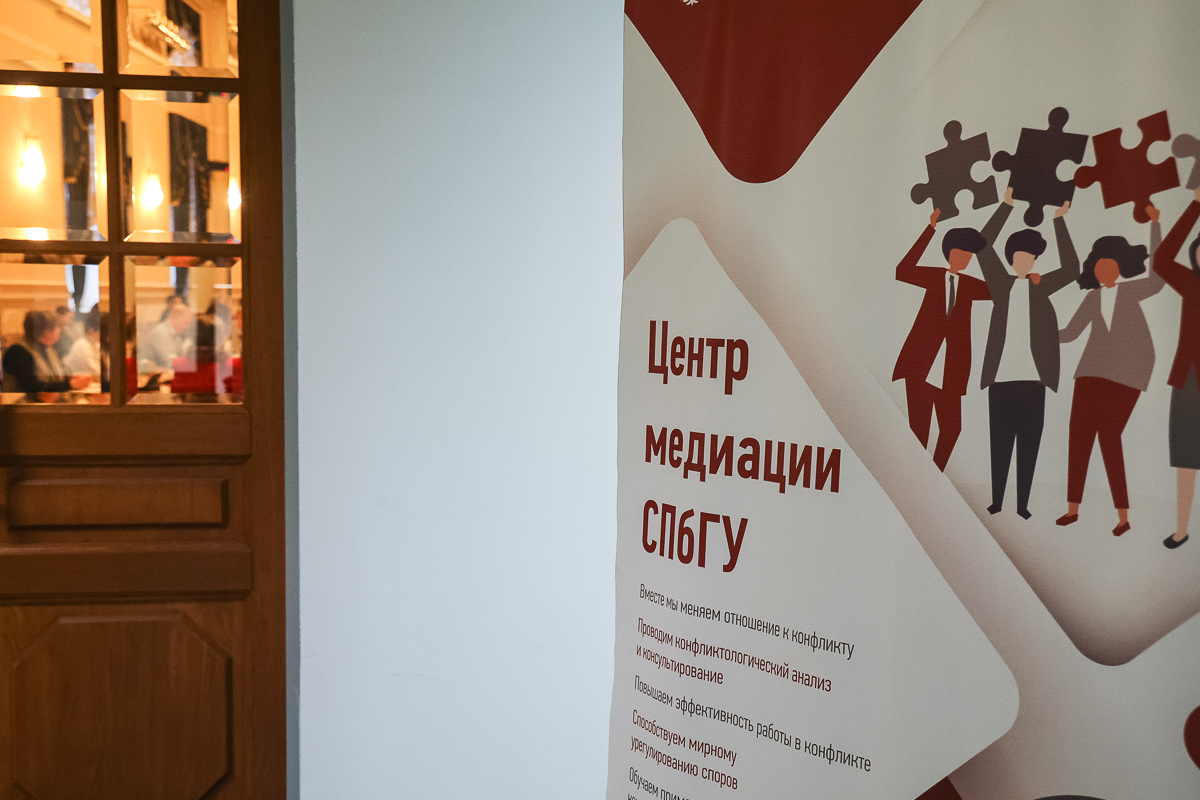Maria Lvova-Belova: ‘Participation of mediators in the divorce process to help to take into account the interests of the child’
The International Interdisciplinary Scientific and Practical Conference "Mediation: Modernity, Innovation, Technology" has been held at St Petersburg University.
Mediators, lawyers, economists, psychologists, experts in conflict resolution, and sociologists discussed the prospects of using mediation technologies in resolving conflicts and disputes.
Maria Lvova-Belova, Presidential Commissioner for Children’s Rights in the Russian Federation, addressed a letter of welcome to the participants in the conference "Mediation: Modernity, Innovation, Technology".
According to Maria Lvova-Belova, commissioners for children’s rights regularly encounter situations where the involvement of a mediator could be a solution to the crisis. These are mostly situations involving the resolution of family disputes, and bullying at school.
In divorce proceedings, the parties often try to resolve the issue of communication with the child in court, but as a result there is dissatisfaction with the court decision. The parties therefore continue to argue, not implementing the court’s decision, while the child becomes a hostage of the situation, suffering both physically and emotionally.
Maria Lvova-Belova, Presidential Commissioner for Children’s Rights
‘Using a mediator in this case saves time and effort and, most importantly, makes it possible for the child to live and grow up in a favourable environment where both parents put their interests above personal grudges,’ Maria Lvova-Belova explained.
Ms Lvova-Belova also noted the lack of mediators in the school environment, where both pupils and teachers are exposed to bullying. The Commissioner stressed that academic meetings such as the University Conference can become an effective platform for exchanging experiences, developments and modern practices.
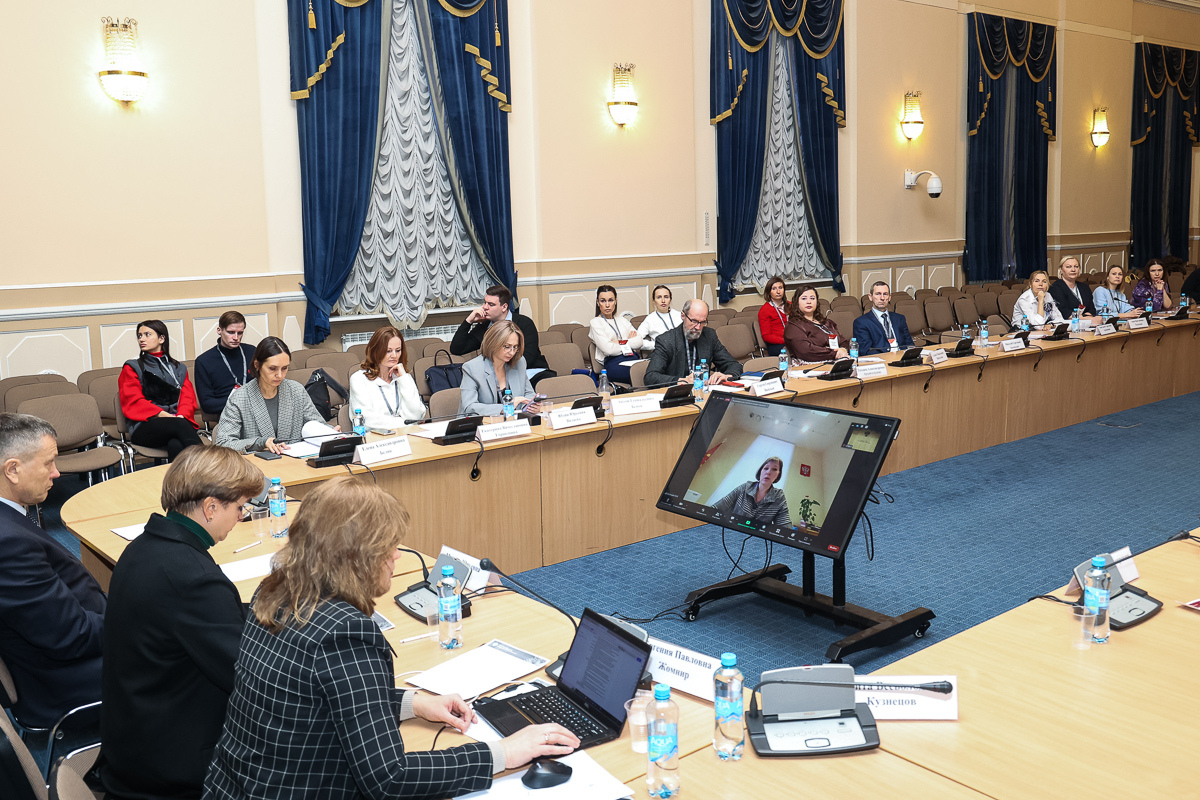
Marina Lavrikova, Senior Vice-Rector for Academic Activities of St Petersburg University, recalled how the idea for the conference, which is being held at the University for the fourth time this year, came about. She noted that St Petersburg University has had a community dealing with conflict resolution issues and mediation for many decades. According to the Senior Vice-Rector for Academic Activities, research on this topic began at St Petersburg University long before the adoption of norms in Russia using the concept of mediation or pre-trial settlement of disputes by means of mediation technologies. Then, in 2018, the Mediation Centre was established at St Petersburg University. For many years, St Petersburg University has had a conflict resolution training clinic, which is actually engaged in teaching students professional skills in mediation procedures and mediation itself.
Mediation is a technique for resolving a variety of disputes, including those outside the court system. The parties to a dispute negotiate with the assistance of a neutral mediator who ensures the effectiveness of the negotiations, and helps to find a mutually beneficial solution and build new relationships. Mediation can be used to resolve a wide range of disputes, including civil, family, employment, housing, business and commercial disputes. Additionally, disputes that have no formal legal basis can be resolved through mediation.
Roman Riabyi, Director of the Department for Development and Regulation of Legal Assistance and Legal Services of the Ministry of Justice of the Russian Federation, delivered welcoming remarks. He spoke about promising areas of legislative regulation and also noted that the Ministry of Justice is open to dialogue on the needs for the use of mediation technologies.
Alexey Chirkov is Head of the Regulatory Division of the Service for Consumer Protection and Financial Inclusion of the Central Bank of the Russian Federation. During the conference, he spoke about the possibilities of using mediation technologies in resolving issues in the financial market with consumers, which is particularly relevant in view of the growing debt burden of citizens.
Mediation research at St Petersburg University is carried out by experts from various fields: lawyers, experts in conflict resolution, psychologists, and sociologists. Mediation involves science, applied development, and training in specific technologies and mechanisms.
This year’s conference was attended by both Russian and foreign experts. Among the participants were speakers from more than 30 cities in Russia, and experts from China, Kazakhstan, Kyrgyzstan, the Republic of Belarus, Azerbaijan, Uzbekistan, India, Türkiye, and France.
‘This is our first conference with such an extensive international participation,’ said Evgenia Zhomnir, Director of the Mediation Centre at St Petersburg University.
During the conference, domestic and foreign experts discussed the peculiarities of mediation involving government agencies and local authorities, the skills and competences of mediators, as well as the development of mediation technologies.
The Mediation Centre at St Petersburg University was established five years ago. It combines the efforts and potential of representatives of science and practice in the field of dispute and conflict resolution accumulated over several decades of work. The Centre organises mediation procedures and consultations on requests from citizens and organisations. It also carries out expert, research and educational activities. The main areas of work are: conducting mediation procedures; assisting in conflict prevention in the activities of organisations; preparing legal opinions and expert examination of by-laws; conducting scientific research; and organising events to name just a few.


